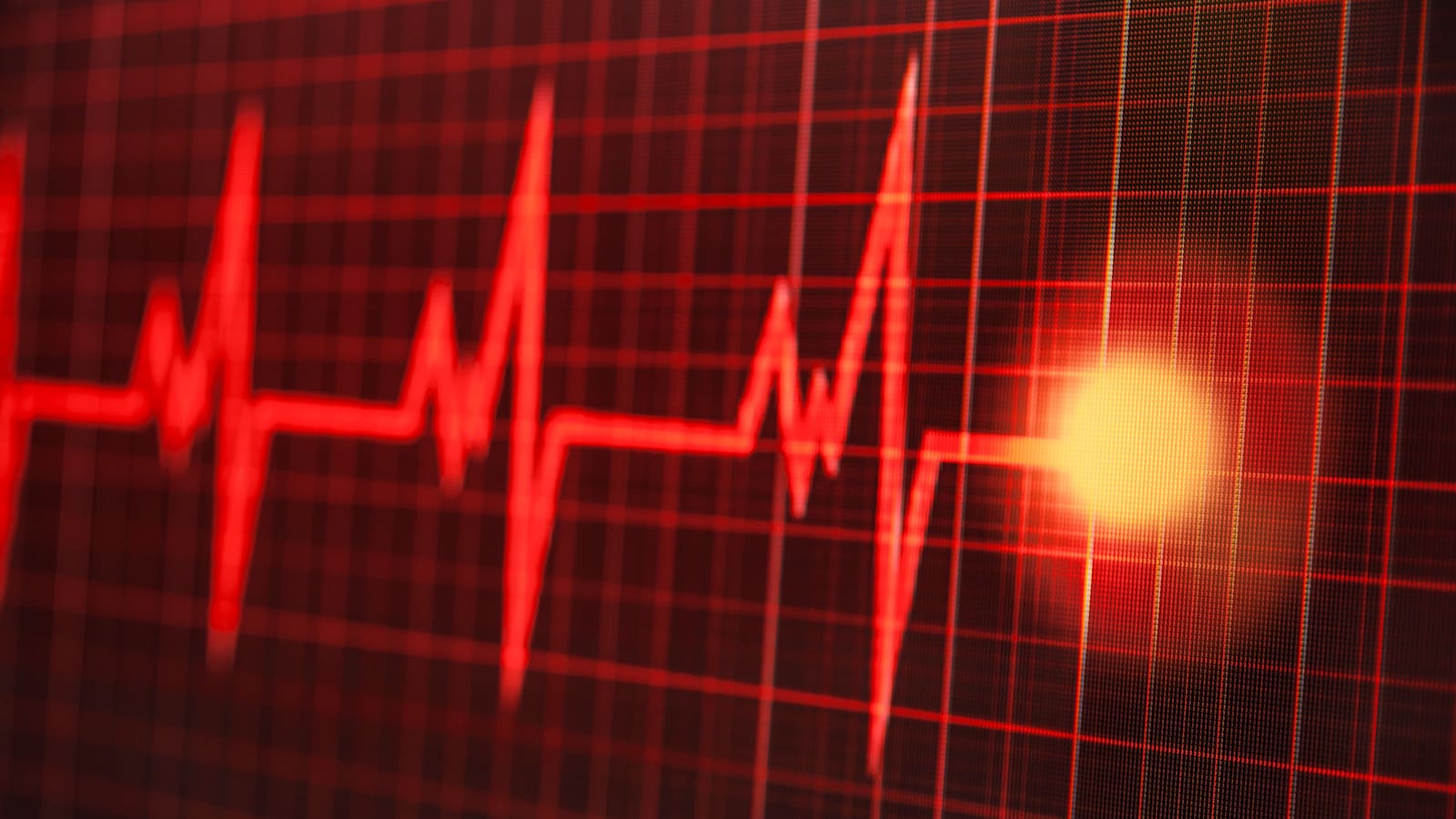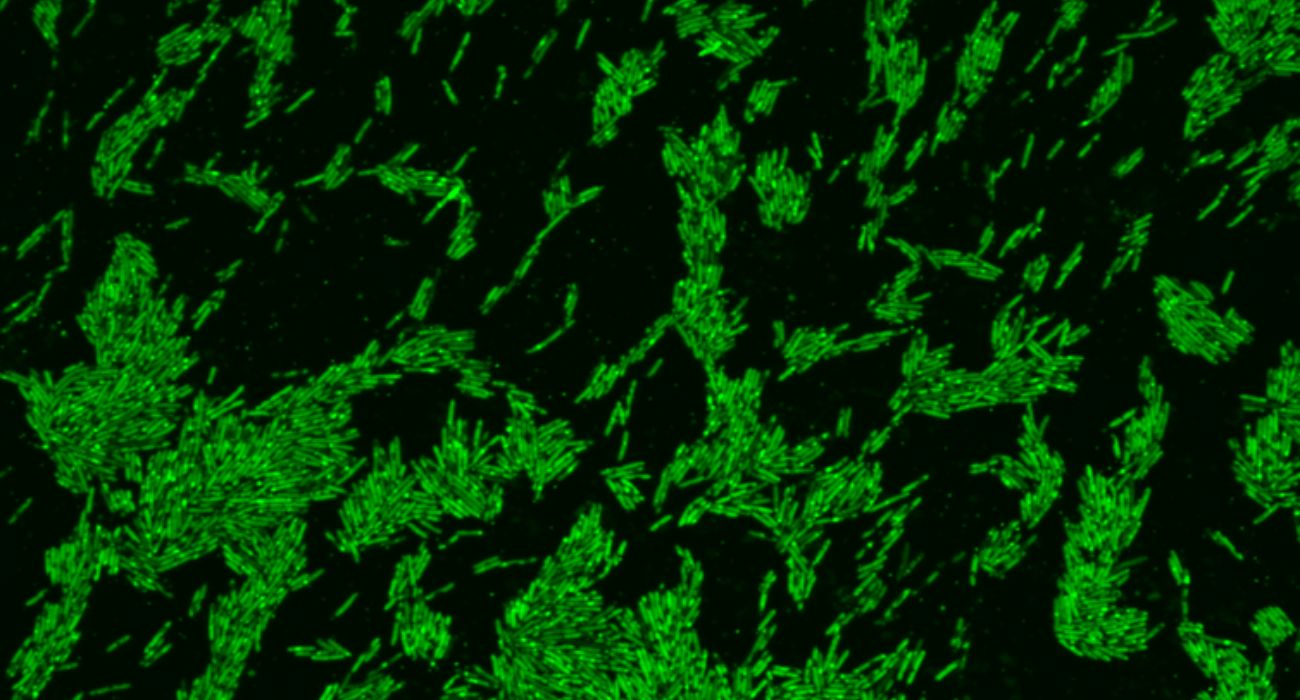Doctors are using radiation to treat people suffering from irregular heartbeats by directly zapping the heart.
The method, a last-resort option for people with irregular heartbeats, is considered very experimental. But the benefits are that the process might actually help heart cells that are having issues reform into healthier heart cells, according to WFAA.
“It may actually rejuvenate sick tissue, and that’s pretty exciting,” Dr. Stacey Rentschler from Washington University in St. Louis, said per WFAA.
Arrhythmia, a condition where the heart beats either too quickly, too slowly, or beats in a manner that is otherwise abnormal, results in approximately 300,000 deaths per year in the United States.
Typically, the condition is treated with an implantable cardioverter-defibrillator, pacemaker, or sometimes in extreme cases, surgery, according to MedlinePlus.
This new method of treating irregular heartbeats might be quicker and more effective than those alternatives.
Louisville resident Jeff Backus has undergone painful and invasive procedures in order to treat his irregular heartbeats. Twice this past winter, Backus’ implanted defibrillator had to shock his heart back into rhythm. Backus said the new method of zapping his heart with radiation has been a life-changer.
“You’re always in the back of your mind thinking, ‘Is it going to happen?’” said Backus, referring to the defibrillator shocking his heart, as reported by WFAA. Backus explained that the new experimental technique to treat his irregular heartbeats–which he started in February–is going very well.
“It gave me some hope,” he said.
Before receiving the treatment, patients put on a vest with more than 250 electrodes that help determine where the radiation should be focused.
The radiation then gets administered while the patient listens to music.
The U.S. Food and Drug Administration has not approved the experimental procedure. However, more than 80 patients have undergone the treatment, according to heart rhythm specialist Dr. Phillip Cuculich and radiation expert Dr. Clifford Robinson.
Robinson said patients were not worried about the long-term risks that radiation exposure might cause.
“You’re concerned about something that might happen 10 or 20 years from now? I’m worried about tomorrow,” Robinson said, recalling the response from his first arrhythmia patient, according to WFAA.
“That was really eye-opening,” said Robinson.
Obesity is considered a risk factor for arrhythmia, reported Reuters. Men and women are more likely to develop arrhythmia if they are overweight or obese because being obese changes the structure of the heart.
According to the Centers for Disease Control and Prevention, obesity affects 39.8 percent of people between the ages of 20 and 39, 44.3% of those between the ages of 40 and 59, and 41.5% of people aged 60 and older.







Trackbacks/Pingbacks